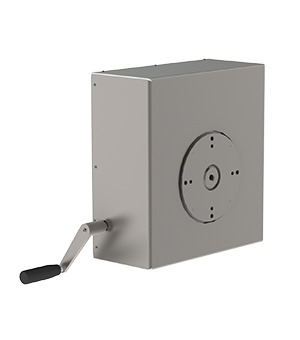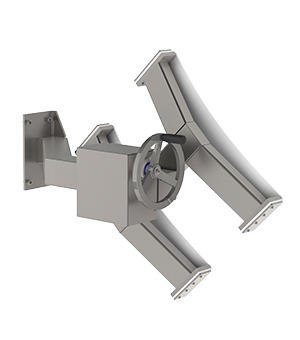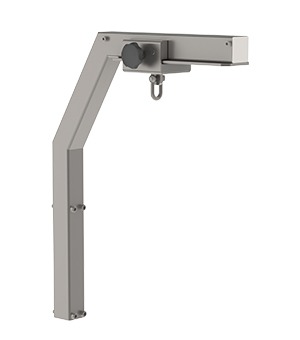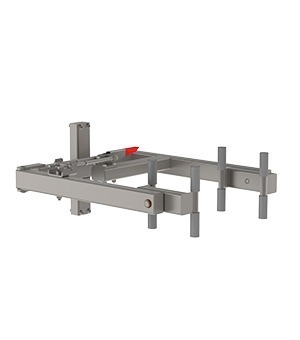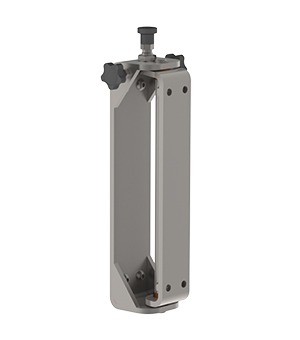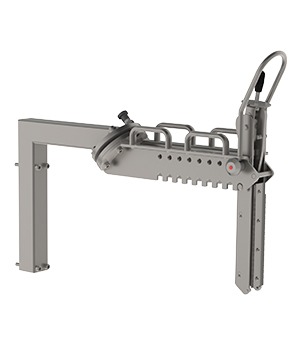VB – V-Block
VB – V-Block:
A Manual Roll Lifter Tool

We typically use the V-block roll lifter tool for handling (lifting and placing) rolls.
The V-block (VB) in its most basic shape is simply a block with a large V-shaped grove in the middle. Such a block can be placed on a platform and used to keep a cylindrical object in place during transport.
In our VB solution the block has been replaced with sheet metal and the geometry is typically more of a V with a flat base and edges at the top. However, for historical reasons the “block” terminology remains.
Typically used for rolls, one of the flat edges at the top of the “V” can be used to place on the side of a pallet and then a roll can be rolled onto the V-block and lifted.
Once the roll has been transported to where it is to be used, it typically needs to be fitted onto a mandrel. Since the VB can rotate, the core of the roll can easily be orientated in the right direction to allow easy placement on the mandrel.
Features
- Easy orientation of roll core due to rotating V-platform.
- Flat edge to allow roll to be rolled from pallet to VB.
- Wide range of roll diameters are supported by the geometry of the VB.
- Easily customizable: dimensions can be modified to customer specifications.
- Rugged construction for industrial use. With its all-stainless steel construction, the VB is built to last and for use in demanding industrial environments.
- Available in hygienic design for use in cleanrooms and the food/beverage industry.
Images of the V-Block (VB):
A Simple Roll Lifter Tool
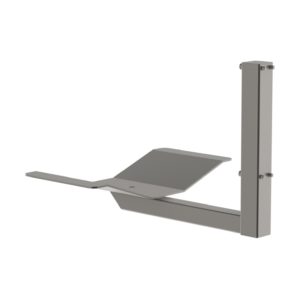
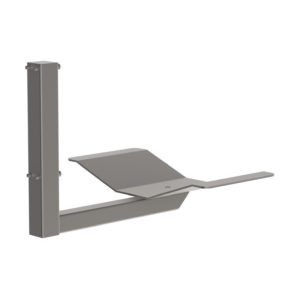
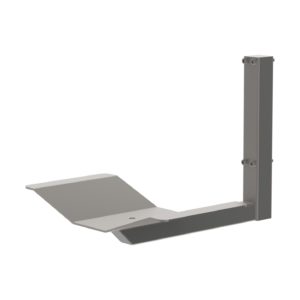
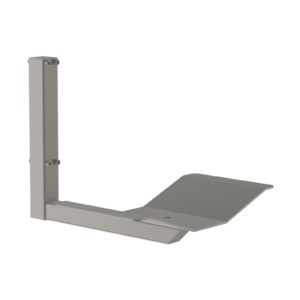
Other Manual Manipulators
Go to our Manual Manipulators page for more information on this categoriy of lifting tools.
Go to our main Tools page for an overview of the different categories of tools that we offer.
Go to our Products page to find out how our products may help you in your line of industry and your work situation.
Go to our Homepage.






